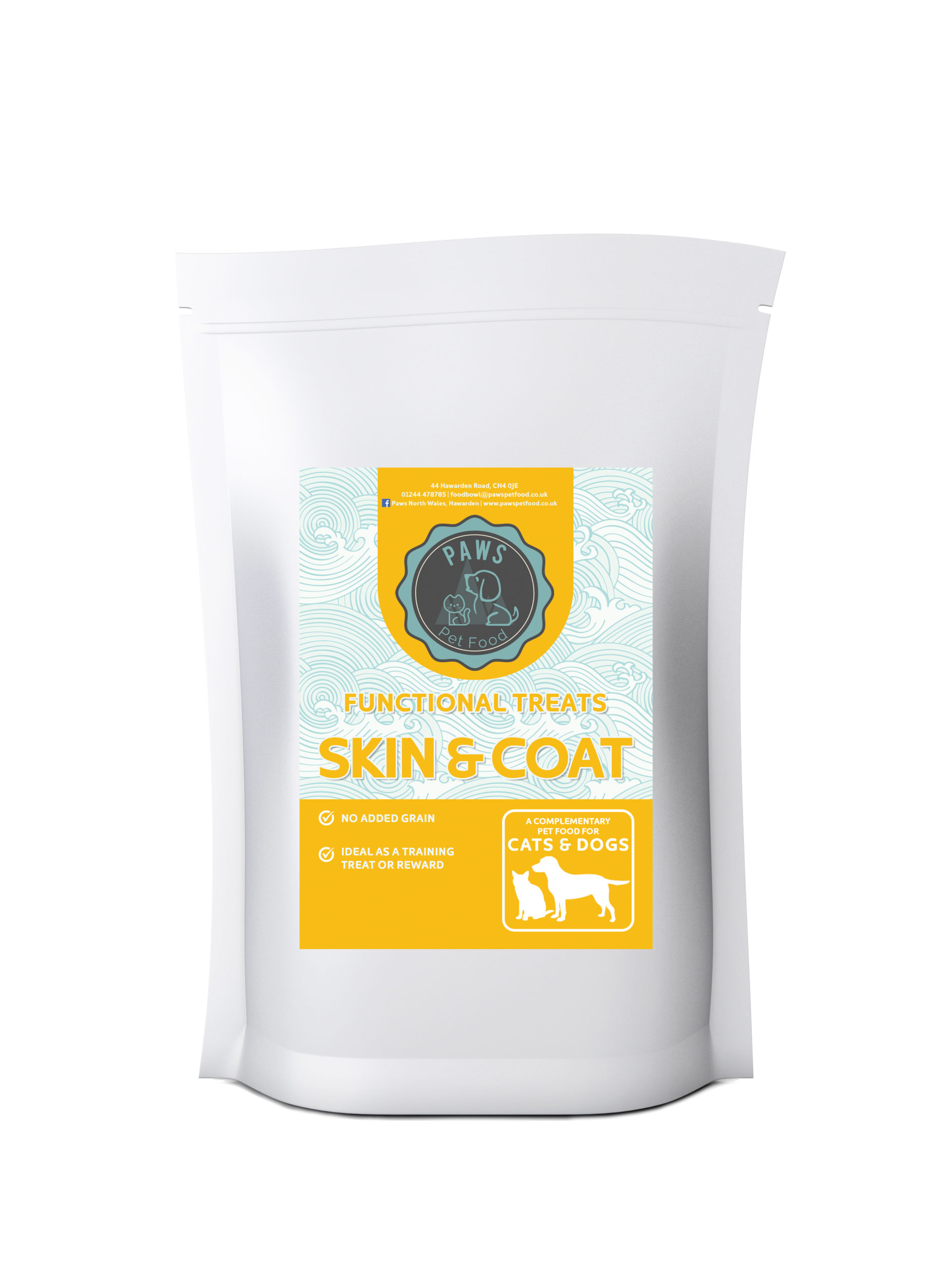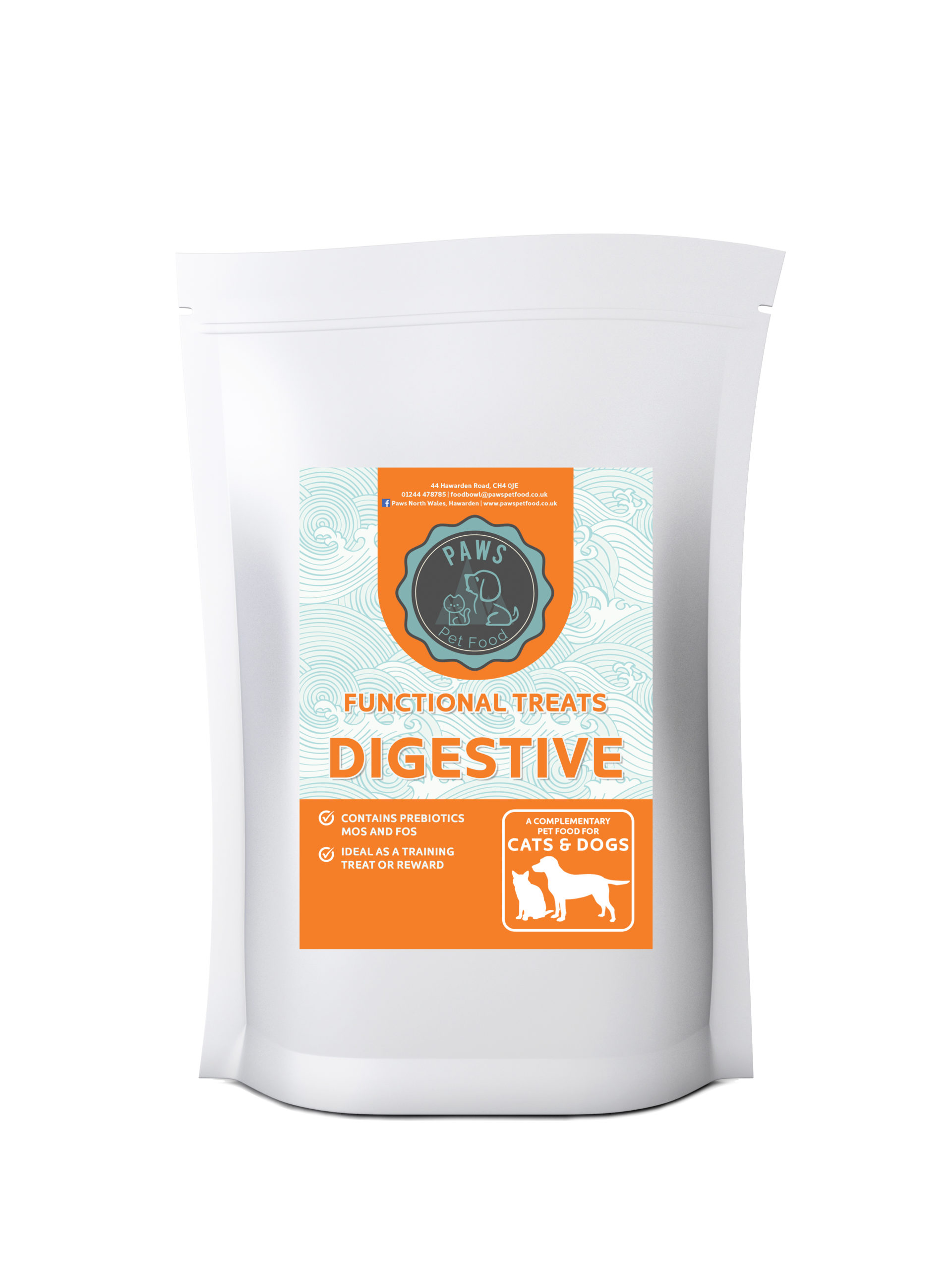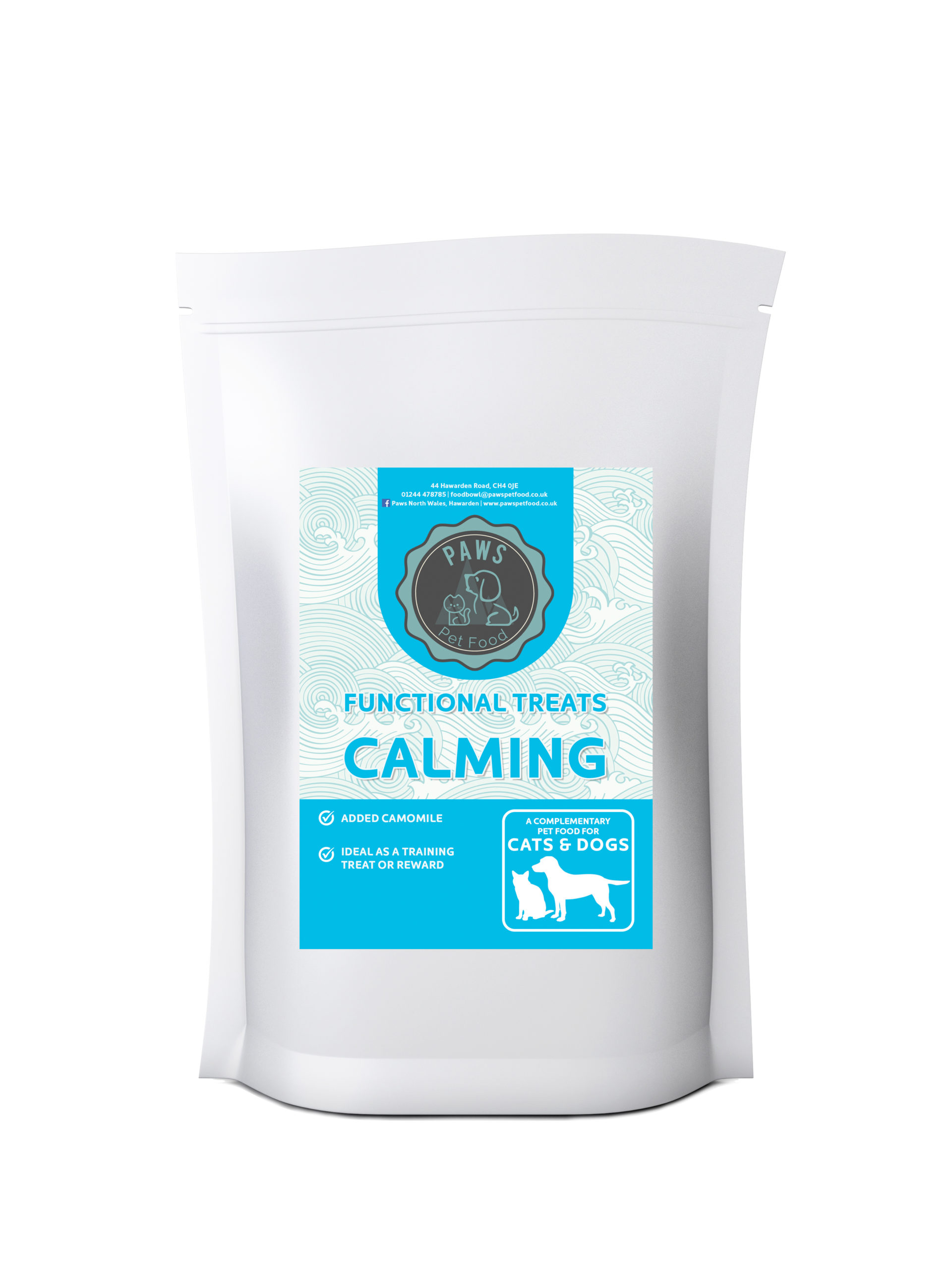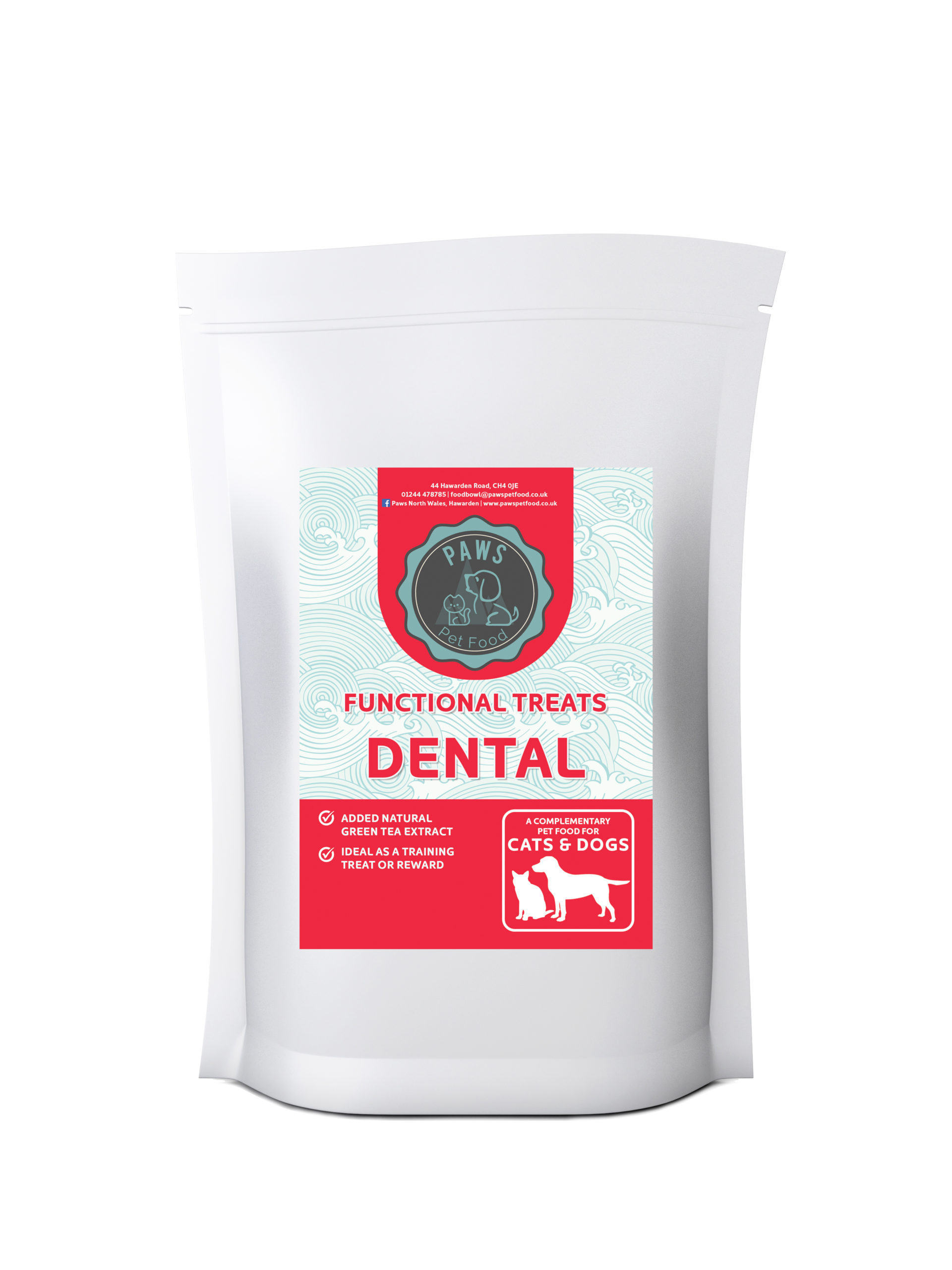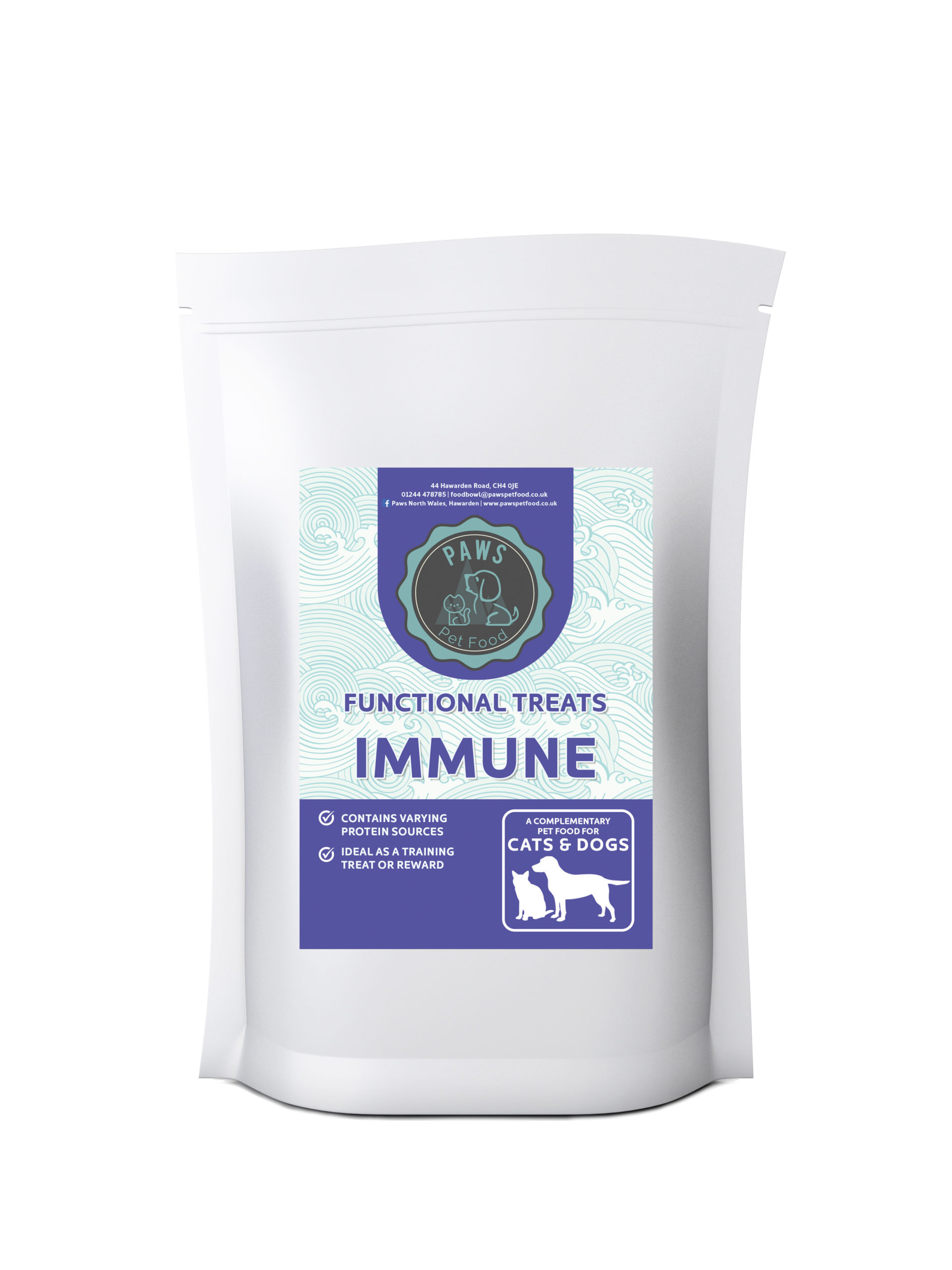Why is protein important for cats and dogs?
Like us humans our friends with paws also need the right amount of protein.
Protein is found in a wide variety of food such as meats and eggs and are essential building blocks of the body organs and tissues. Basically, protein helps them be them and let’s be honest that’s who we love.
Fascinating Fact – Cats need more protein than dogs as the are ‘obligate carnivores’ (essentially they prefer to eat meat) and their bodies are designed to consume protein rather than carbohydrates. They therefore have a higher protein requirement than dogs. Despite preferring to eat meat, like kids, they need some vital vitamins and minerals which are found in plants and vegetables.
Paws Pet Food has a full range of Grain Free Cat and Grain Free Dog food which offers a fine balance of meat protein and vital plant vitamins and minerals.
Why is protein so important?
Protein is needed to form new skin cells, grow hair, build muscle tissue, and lots more. It also assists in creating hormones, enzymes and anti-bodies that are needed for functions within the body. It also provides energy and ensures the immune system stays strong.
Fascinating Fact – Dogs require 22 different amino acids to make necessary proteins for the day. Their bodies can produce about half of these however the rest have to come from their diets and that means us.

Grain Free Chicken turkey salmon sweet potato and carrot for puppies
How do they use protein?
Your furry friend absorbs something call ‘amino acids’ which is found in proteins. They can use these acids to create new proteins or other necessary things that their bodies need.
How much Protein does my dog or cat need?
Canine’s and feline’s bodies can’t store protein like they can with fat and other nutrients. This means that we have to make sure that they get it in their daily diet. Protein needs can vary, especially between different life stages, for example kittens, puppies and working dogs require a high protein diet to meet their body’s demands during growth, development or to assist them with a hard days’ work.
Puppies and kittens and senior animals are likely to need more protein than you expect as they are growing not just in our hearts but in size as well. Your pet’s activity levels is also something which may affect the amount of protein which they need. Working dogs (farm hands, protectors or search dogs) are likely to need more protein than those with a, less active lifestyle.
Paws Pet Food has three different ranges of dog food our Grain Free Range of dog food uses Sweet Potato which is a high protein alternative to grains and introduces an excellent balance of nutrients and minerals for those dogs who has an allergy or intolerance to wheat or rice grain. The Naturals Range of dog food, each recipe uses a different set of natural hypoallergenic ingredients to help those dogs with Wheat, Diary, Gluten and Soya intolerances. Finally, the Premium Range uses high quality ingredients to ensure your dog gets all the vitamins and minerals they deserve.
It is important that your pet’s food has enough protein. Some pet food manufacturers have a higher percentage of protein however doesn’t always mean that they are getting a better-quality food. What is important is how digestible the proteins are within the recipe. This is especially important in are senior pets who can be less able to process the protein within their foods.
Our food combines high quality protein, fibre, carbohydrates, vitamins and minerals and is cooked at a low 90 degrees Celsius so to retain the goodness. A responsible breeder should have given your advice about your dog’s diet. If not the UK Kennel Club and the Royal Veterinary College both offer helpful easy to understand advice. We make sure we list all the protein sources of meat protein within our products as well as total percentage of ‘Crude Protein,’ in each of our products. A good quality dog food will range between 20-25% crude protein and a good cat food around 30%.
Here at Paws Pet Food, our food preparation partners have freshly prepared meats which are gently cooked at 90 degrees Celsius. This gentle cooking process protects the nutrients therefore allowing the pet to have optimal nutrient bio-availability. Gently cooking the food means nutrients, such as proteins, stay intact rather than them being denatured when subject to extremely high cooking temperatures. This means more proteins are readily available and can be easily digested resulting in less waste.







